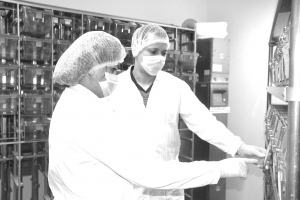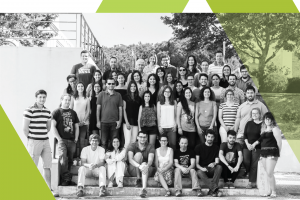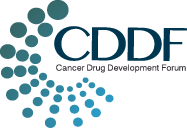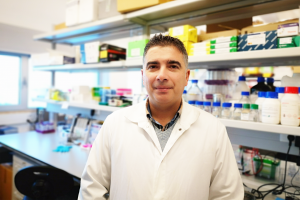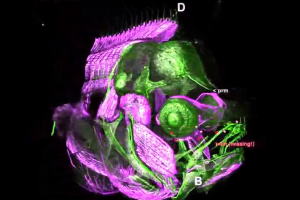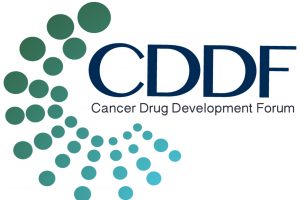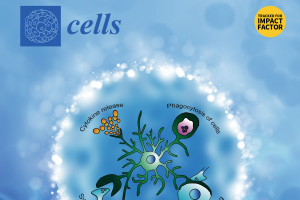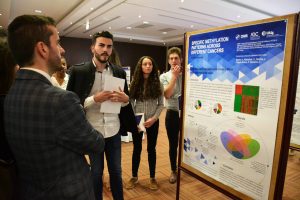More than half of your body is not human, say scientists. Human cells make up only 43% of the body’s total cell count. The rest are microscopic colonists.
Understanding this hidden half of ourselves – our microbiome – is rapidly transforming understanding of diseases from allergy to Parkinson’s.
The field is even asking questions of what it means to be “human” and is leading to new innovative treatments as a result.
“They are essential to your health,” says Prof Ruth Ley, the director of the department of microbiome science at the Max Planck Institute, “your body isn’t just you”.
No matter how well you wash, nearly every nook and cranny of your body is covered in microscopic creatures.
This includes bacteria, viruses, fungi and archaea (organisms originally misclassified as bacteria). The greatest concentration of this microscopic life is in the dark murky depths of our oxygen-deprived bowels.
Prof Rob Knight, from University of California San Diego, told the BBC: “You’re more microbe than you are human.”
Originally it was thought our cells were outnumbered 10 to one.
“That’s been refined much closer to one-to-one, so the current estimate is you’re about 43% human if you’re counting up all the cells,” he says.
But genetically we’re even more outgunned.
The human genome – the full set of genetic instructions for a human being – is made up of 20,000 instructions called genes.
But add all the genes in our microbiome together and the figure comes out between two and 20 million microbial genes.
Prof Sarkis Mazmanian, a microbiologist from Caltech, argues: “We don’t have just one genome, the genes of our microbiome present essentially a second genome which augment the activity of our own.
“What makes us human is, in my opinion, the combination of our own DNA, plus the DNA of our gut microbes.”
Source: BBC
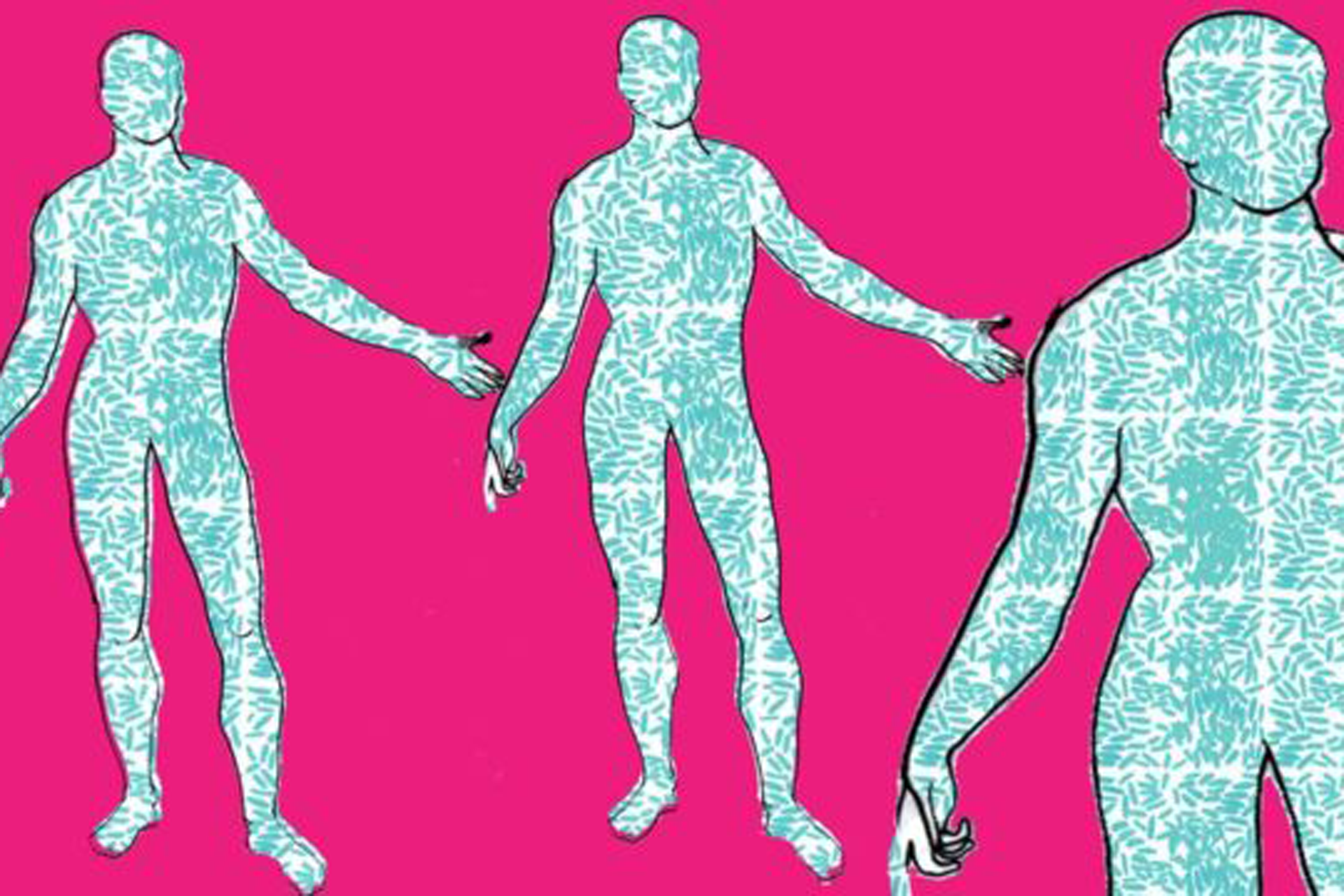
“Understanding this hidden half of ourselves – our microbiome – is rapidly transforming understanding of diseases from allergy to Parkinson’s”.




